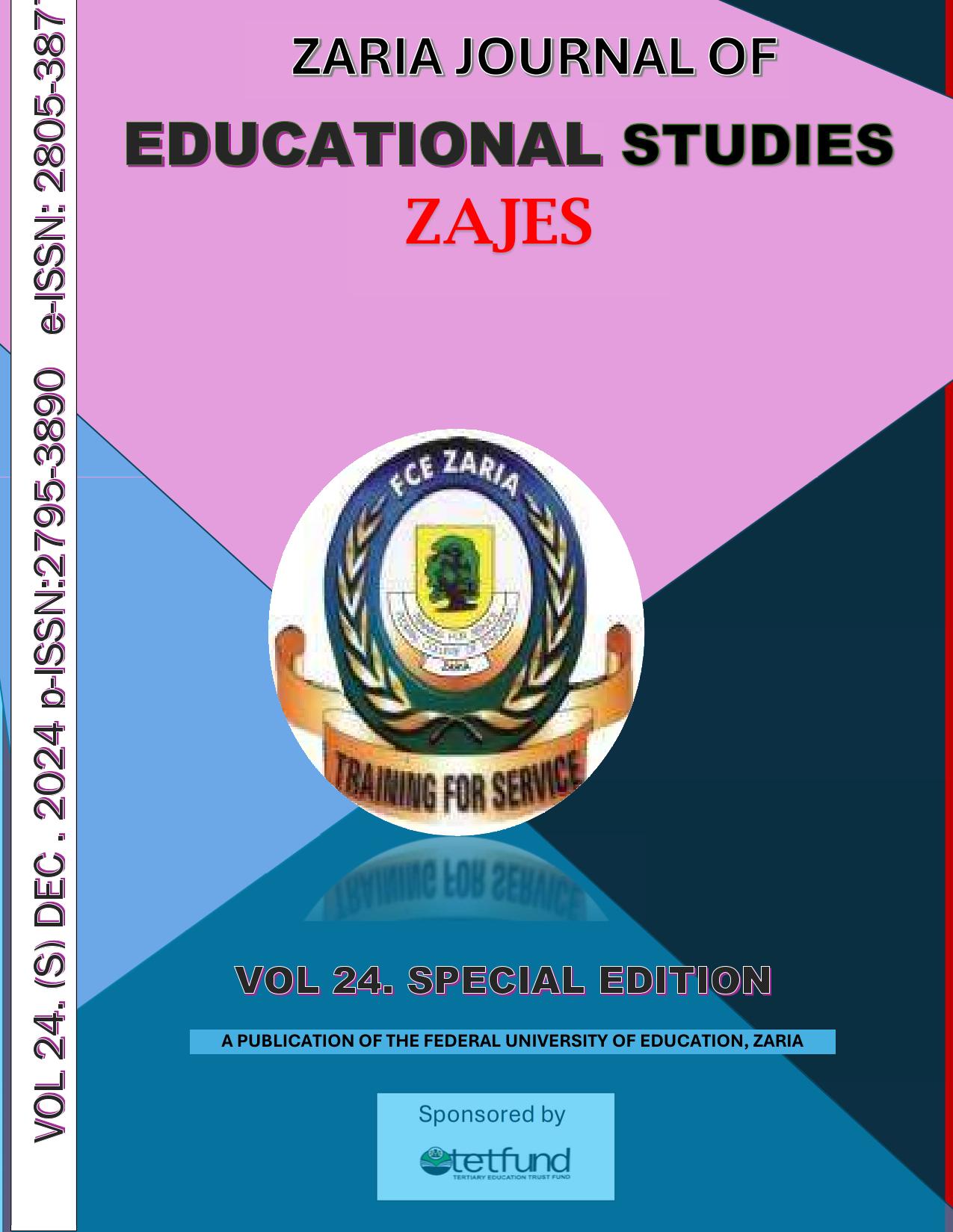An Investigation into Consonant Cluster Pronunciation Among Bura Speakers of English Language in Biu, Borno State, Nigeria
Keywords:
Consonant Cluster, Bura, English Language, Epenthesis, Mother tongue, Articulation, ImplicationAbstract
This study investigates the pronunciation of English consonant clusters by Bura speakers in Biu, Borno State, Nigeria. It focuses on identifying common mispronunciations, analyzing their causes, and examining the impact on communication. The research adopts Ormrod’s Behaviorist Theory of Language Transfer as its theoretical framework and utilizes a descriptive survey methodology. A sample of 30 lecturers from the College of Education Waka-Biu, who speak Bura as their first language, was selected through purposive sampling. Data collection was conducted using a structured questionnaire and analyzed using statistical tools. The findings reveal that Bura speakers frequently mispronounce English consonant clusters due to phonotactic constraints in their native language, often substituting or modifying sounds through epenthesis or deletion. For example, "school" is pronounced as "sukul," and "spoon" as "supun." These mispronunciations distort meaning, creating barriers to effective communication. The study underscores the influence of mother tongue interference and highlights the need for targeted pronunciation interventions to improve intelligibility among Bura English speakers. In conclusion, the research emphasizes the importance of addressing phonological transfer through focused language instruction, tailored teaching strategies, and the use of technology to enhance pronunciation skills. This work contributes to understanding the interplay between first language influence and second language acquisition, offering practical insights for educators and linguists.

